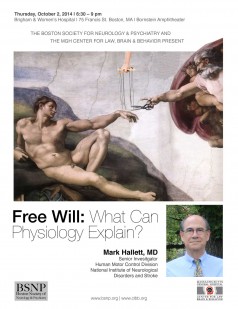By Jennifer Gonnerman | The New Yorker | October 6, 2014
In the early hours of Saturday, May 15, 2010, ten days before his seventeenth birthday, Kalief Browder and a friend were returning home from a party in the Belmont section of the Bronx. They walked along Arthur Avenue, the main street of Little Italy, past bakeries and cafés with their metal shutters pulled down for the night. As they passed East 186th Street, Browder saw a police car driving toward them. More squad cars arrived, and soon Browder and his friend found themselves squinting in the glare of a police spotlight. An officer said that a man had just reported that they had robbed him. “I didn’t rob anybody,” Browder replied. “You can check my pockets.”
The officers searched him and his friend but found nothing. As Browder recalls, one of the officers walked back to his car, where the alleged victim was, and returned with a new story: the man said that they had robbed him not that night but two weeks earlier. The police handcuffed the teens and pressed them into the back of a squad car. “What am I being charged for?” Browder asked. “I didn’t do anything!” He remembers an officer telling them, “We’re just going to take you to the precinct. Most likely you can go home.” Browder whispered to his friend, “Are you sure you didn’t do anything?” His friend insisted that he hadn’t. Continue reading »





